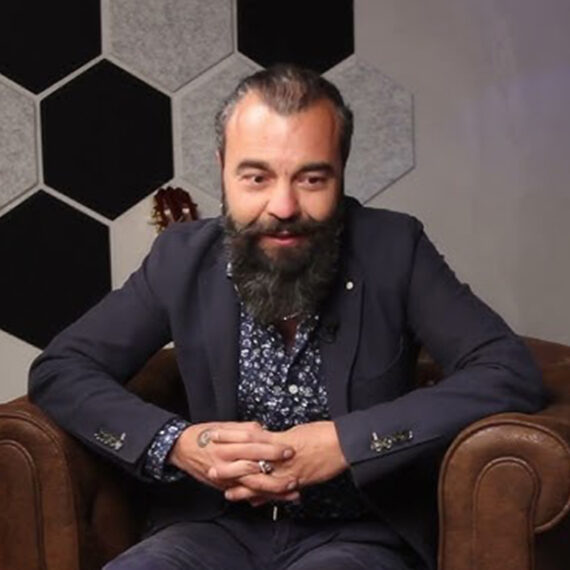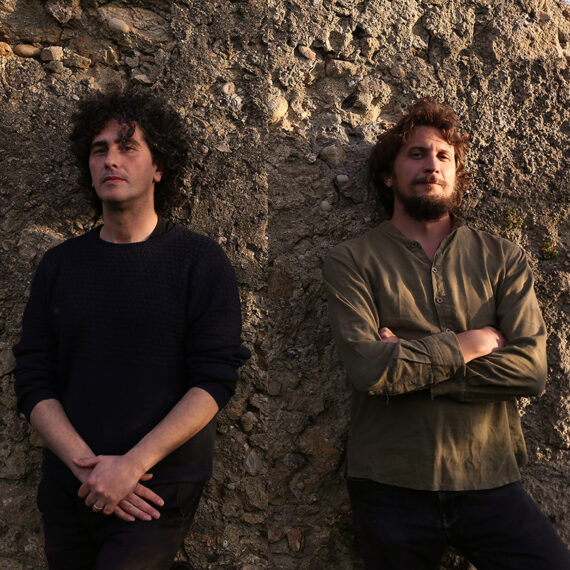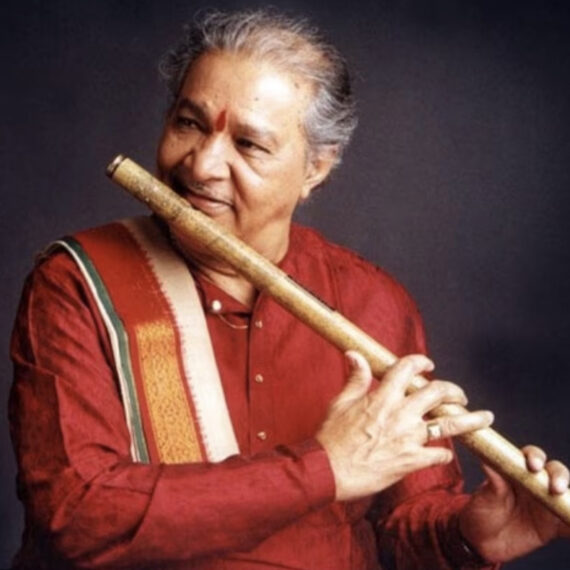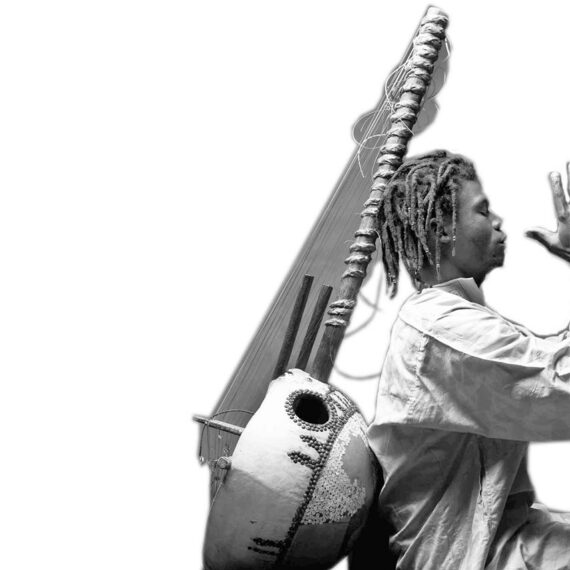Nour Eddine, Yassin El Mahi and Karam Abdel Majid feat. Peyman Tadayan
A musical journey from the Maghreb to the East
A repertoire that combines wind instruments with medieval lute and the Berber Guembri.
Traditional Sufi music, from the Maghreb to Persian culture
Nour Eddine Fatty voice, ghaita, Leira, guembri
Abdelmajid Karam oud, percussion, backing vocals
Yassin El Mahi bendir, derbuka, choirs
Peyman Tadayon ney, kawal
Nour Eddine is a musician, singer and choreographer with ancient Berber origins. Author of several desert and Mediterranean musical works. He has founded various ethnic music groups of the desert and Gnawa, including the group Azahara, Desert Sound, Jajouka, with whom he has made concerts both in Italy and abroad.
He collaborated with Tony Esposito on the soundtrack of the film “Storie d’amore con i crampi’ and with the group Trancendental (Globo d’oro award for the soundtrack of “Il Bagno Turco”). He participated with his musical and dance group in the latest film by the Algerian director “L’albero dei Destini Sospesi” (54 Venice Film Festival) and as a singer in the film “L’appartamento” by Marco Bellocchio.
He also collaborated with Trancendental for the soundtrack of the film “Elvjs & Merilijn” by Armando Manni.
After the moving homage to the flavors, scents, colors and music of Zri-Zrat, his village of origin, Nour-Eddine dedicated himself to the realization of a recording project based on the recovery of the rich and fascinating tribal tradition and ritual Gnâwa and Jahjûka, of Sufi descent, entitled “Gnawa & Jahjuka Trance”.
The Gnâwa ceremony – which takes place during an entire night – is a ritual of possession with essentially therapeutic functions, including three phases: the ‘ada, a colorful procession, a loud parade that encourages dance and vibration; the kûyû, a series of dances entrusted to the musicians: it is not yet the trance, but a preliminary game, a show, a preparation for the last phase (the most serious), that of the m’louk, during which incense and veils of different colors are brought on a tray, that serve as insignia of recognition for the seven different symbols m’louk, whose paroxysmal alternation pushes the trance to its maximum degree.
That of the musicians of Jahjûka – a village on the edge of the Rif mountain range – is an equally ancient and deeply rooted tradition, which has produced a specific repertoire. Master musicians travel through the Srif Valley to animate weddings, parties, vigils in honor of a visiting dignitary, and many other occasions throughout the year. Even today, in the city of Ouezzane, the ghaytât (rudimentary oboes, similar to our caraway, typical jahjûka instruments, together with the tbel) are still being purchased.
Nour-Eddine, extraordinary voice (but he is also at the lute, percussion, guitar and ghaytâ), is accompanied here by a band of young musicians from Maghreb.
The next work “Coexist”, extends the sound horizons of Nour Eddine, combining “his” music, with the most modern and contaminated sounds of Western music, which in this case are used discreetly to give even more strength and relevance to his “need” to communicate. The result is pure “world” music.
Also with CNI publishes the CD “Taragnawa”, a project realized with Phaleg and, in 2011 the CD “Sound of spirit”.
Yassin El Mahi, born in 1983 in Rabat, capital of Morocco. It is addressed to musical education since childhood, first within the family environment and then practicing and learning with various groups and local artists. He then attended traditional singing and percussion courses at the National Conservatory of Music “Moulay Rachid” in Rabat. Several famous international collaborations, including with Maestro Franco Battiato.
Karam abdel Majid
Former lutenist of the orchestra of Piazza Vittorio.



